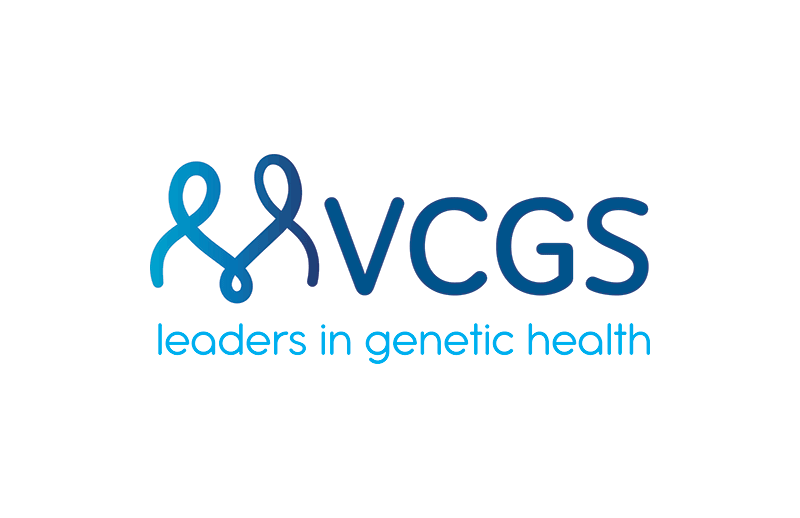Genetic Counsellor Awareness Day

It is one of the rarest jobs in Australia with only 230 employed nationwide but genetic counselling has become a little better known this week as Genetic Counsellor Awareness Day was celebrated on Thursday, November 8.
The Murdoch Children's Research Institute has a not-for-profit genetic testing lab and clinical service, Victorian Clinical Genetics Services (VCGS), that carries out tests for hundreds of genetic conditions impacting adults and children. The principal genetic counsellor is Ivan Macciocca.
"Genetic counsellors provide information, support and guidance to patients about genetic testing and genetic conditions, including inherited disorders," Mr Macciocca said.
"Genetic counsellors work in many areas of medicine, including paediatrics, prenatal, infertility, neurology, cancer and cardiology. Many counsellors work directly with patients, while others carry out research or work in public education or industry."
Lisette Curnow is one of the longest-serving genetic counsellors with Victorian Clinical Genetics Services with 18 years of service.
"Genetic counsellors are translators, we work between the doctors and the families to simplify complex medical information into a way that becomes meaningful for families," she said.
Ms Curnow said she loved working in genomics because it was a rapidly evolving area of science.
"I also love my job because I am always interacting with people and it means a great deal to me to be able to inform and support patients," she said.
"Knowing I can make difficult times manageable is what is most satisfying about my role. Even if I am breaking bad news, if I feel that if they know I care and I give them the information they need, then I've done my job well."
When Ms Curnow completed her studies in the late 1990s there was no guarantee of a job for the 11 students doing the course, today there is a shortage of genetic counsellors across Australia.
Nationwide only two universities offer a Masters of Genetic Counselling, and around 40 students graduate from the two-year degree annually.
Ms Curnow said genetic counsellors are also at times called on to explain the results of tests to medical specialists and doctors, who work outside the area of genetics.
"We are also developing online resources to help them understand these tests," she said. "There are now dozens of different kinds of genetic tests."
Ms Curnow said she would recommend genetic counselling as a career to anyone with a passion for science and people.
"It is endlessly rewarding and it's incredibly challenging," she said, "and you get to be part of a wonderful team of passionate people working towards a common goal of helping others."
Available for interview:
- VCGS Principal Genetic Counsellor, Ivan Macciocca
- VCGS Genetic Counsellor Lisette Curnow



